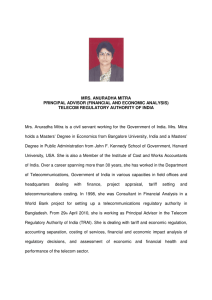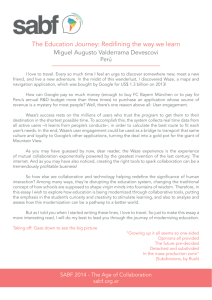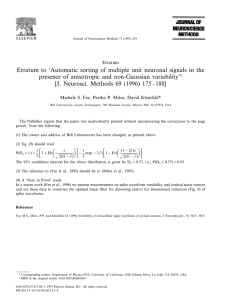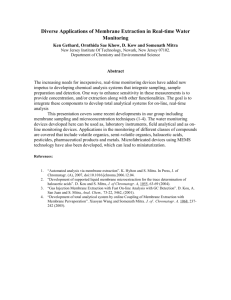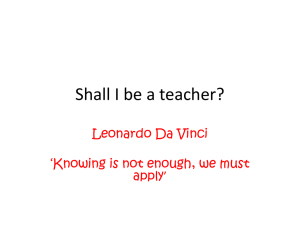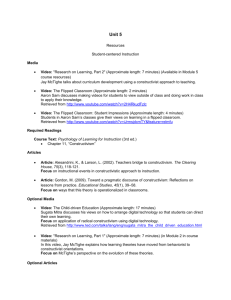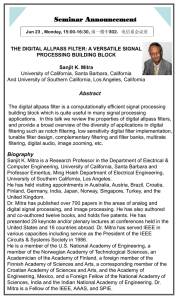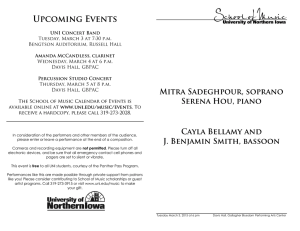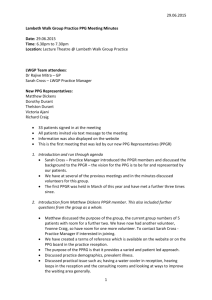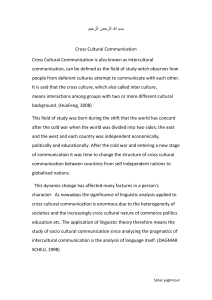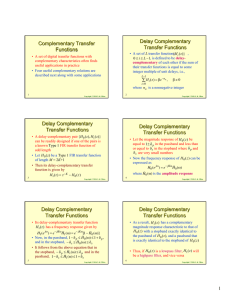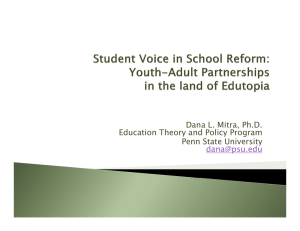Video Discussion Questions
advertisement
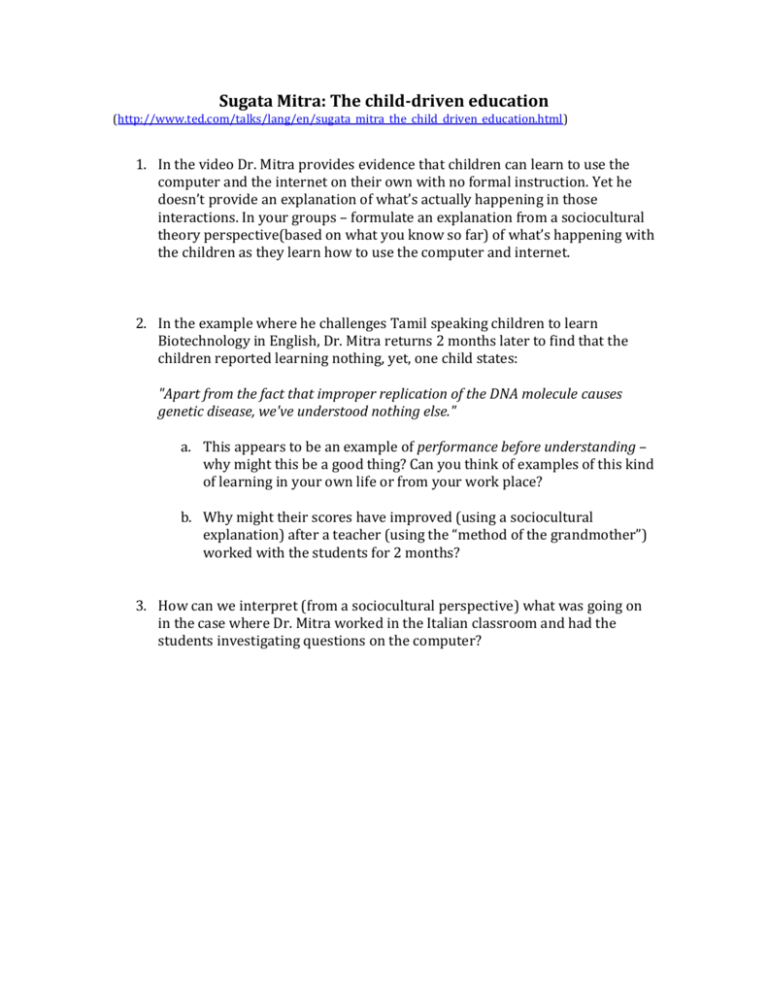
Sugata Mitra: The child-driven education (http://www.ted.com/talks/lang/en/sugata_mitra_the_child_driven_education.html) 1. In the video Dr. Mitra provides evidence that children can learn to use the computer and the internet on their own with no formal instruction. Yet he doesn’t provide an explanation of what’s actually happening in those interactions. In your groups – formulate an explanation from a sociocultural theory perspective(based on what you know so far) of what’s happening with the children as they learn how to use the computer and internet. 2. In the example where he challenges Tamil speaking children to learn Biotechnology in English, Dr. Mitra returns 2 months later to find that the children reported learning nothing, yet, one child states: "Apart from the fact that improper replication of the DNA molecule causes genetic disease, we've understood nothing else." a. This appears to be an example of performance before understanding – why might this be a good thing? Can you think of examples of this kind of learning in your own life or from your work place? b. Why might their scores have improved (using a sociocultural explanation) after a teacher (using the “method of the grandmother”) worked with the students for 2 months? 3. How can we interpret (from a sociocultural perspective) what was going on in the case where Dr. Mitra worked in the Italian classroom and had the students investigating questions on the computer?
